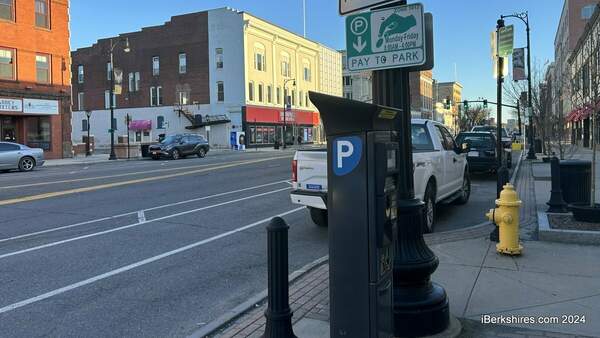
Soldiers' Home Superintendent Removed as Contagion Spreads
HOLYOKE, Mass. — The superintendent of the Soldiers' Home has been suspended effective immediately.
In a brief statement late Monday, Health and Human Services Deputy Secretary Dan Tsai said Bennett Walsh was being put on administrative leave.
"It is imperative that the Holyoke Soldiers' Home provide a safe environment for the veteran residents, and the dedicated staff who serve them," he wrote.
A veteran at the 300-bed Soldiers' Home tested positive for COVID-19 more than a week ago. Western Mass News on Sunday reported that the contagion had since spread to both patients and employees and that the state's Emergency Management Agency had set up tents on Friday to screen all employees entering the facility.
According to a statement from the long-term nursing and independent living center, employees' temperatures were being taken before they enter the facility, hand sanitizing stations were being installed, movement within the facility was being restricted and residents monitored.
Walsh, a lieutenant colonel and 24-year Marine veteran, was named superintendent four years ago.
The home's Twitter feed on March 18 included a quote from Walsh that "The Soldiers' Home Team has stepped up, making sure our Veterans are getting the best care with honor & dignity," in relation to the novel coronavirus.
Val Liptak, a registered nurse and chief executive officer of Western Massachusetts Hospital, is stepping in as interim administrator of the Soldiers' Home.
"We have also implemented an onsite clinical command team comprised of medical, epidemiological, and operational experts responsible for the comprehensive and rapid response to the outbreak of COVID-19," stated Tsai. "Today's actions underscore the state's commitment to our veterans and frontline health care employees during this unprecedented public health crisis."
Tags: COVID-19, veterans services,
More Coronavirus Updates
Keep up to date on the latest COVID-19 news:
















